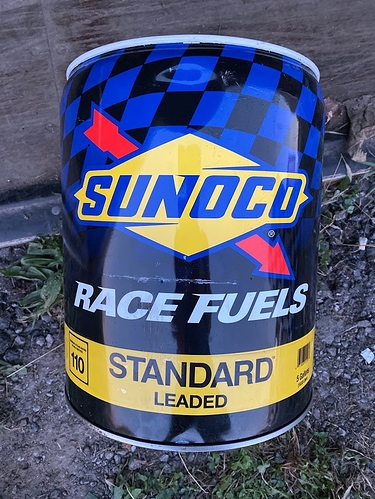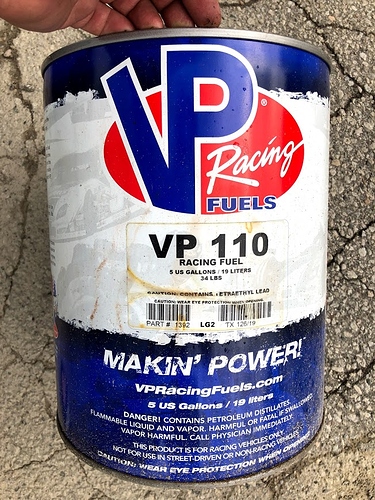@Andy_Kutscher
Ill start at the beginning, of how events here are organised, apologies if this is known or not relevent.
All events here from club level through to Australian Kart Championship (AKC) have a document that is produced by the organisers called the Supplementary Regulations.
In this things like track direction, paddock allocation, club rules,and names of officials, are all clearly stated and runs to about 4 pages.
In this document it will state whether Control fuels will be used.
If control fuels are not being used the competitor is free to decide where they are getting fuel.
Generally this is only done at club level and technically a competitor could go out and find some form of high performance fuel, but it would be looked down on, as not in the spirit of the sport if found out.
I would also say that in 4 years of club Kartinig I have never seen fuel tested, but I am a member of a small club (30-40 members). I am sure that some larger clubs would occasionally use the State associations fuel test equipment.
I doubt that any club in my state would have their own fuel testing equipment, as it is too expensive.
So for bigger events “Open Meetings” including state series and championships the Sup Regs will mandate the use of “Control Fuel”.
This means that a Fuel station will be chosen close to the track, sometimes a club sponsor, to be the fuel supplier.
Part of the club organising this will be coordinating with the supplier about which pump is to be used and that one batch of fuel is delivered to that tank for the duration of an event.
A sample is taken from the pump, and every competitors fuel is tested with a machine against that sample.
I don’t know exactly what the test is picking up to be honest, other than the sample has to be within a range of tolerance that is about 3 points of something. I do know that we have a list of approved oils that have been tested to not increase performance/octane rating? as some will spike the machine.
Fuels are checked randomly throughout the event, after a race and deviating fuels gets you a DSQ from that portion of the event.
At the major events the first 5 finishers are pulled aside for tech which includes fuel testing and pretty much a complete tear down of the engine.
DSQ for fuel does happen occasionally, but not very often. My impression here at least, is that people try to be sneaky with engines more than with fuel or tyres (we use tyre sniffers and bar coders at big events too)
Most common tech issues would be squish, drilling out jets, and ignition timing.
You would have to be some sort of low individual to try cheating at club days, what a waste of effort.
You WILL get caught at open events. The tech guys here are really good, if something looks off they keep digging to find out why. Fathers are the biggest problem. Its hard to say that as one myself, but some will do anything to get their kid on the top step and all it does is hurt their child who knows nothing about it, which is very hard to watch.

